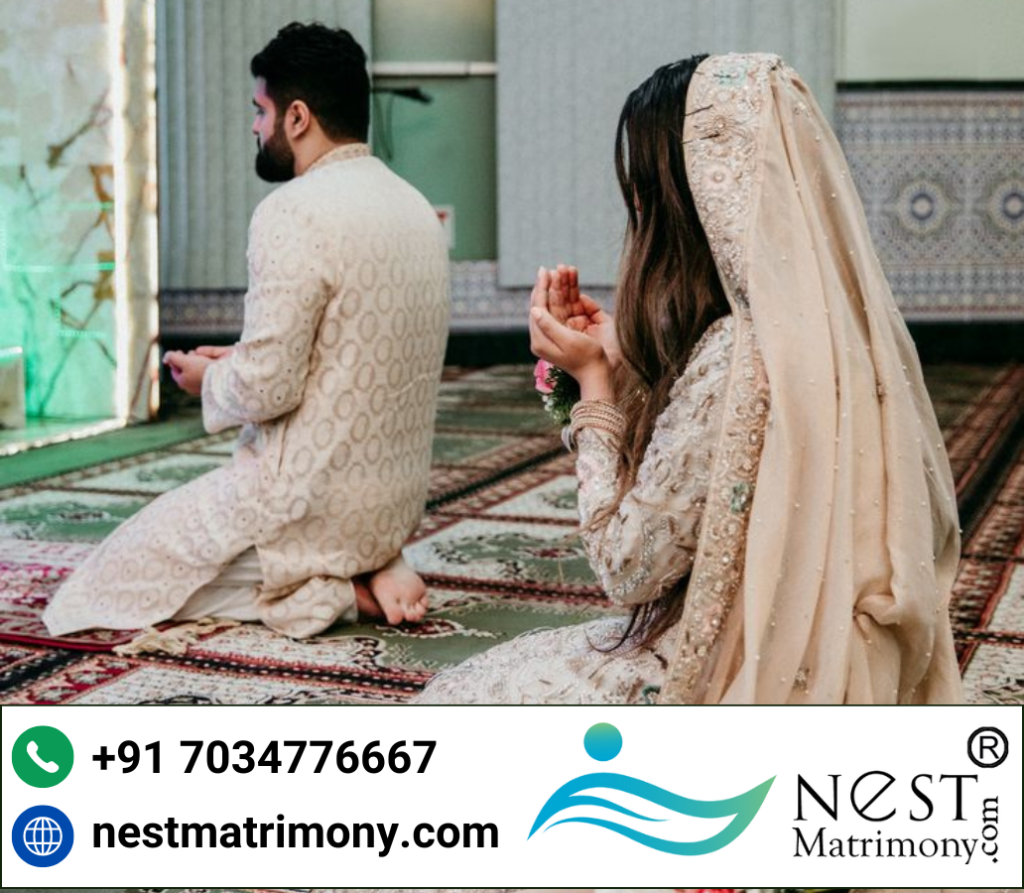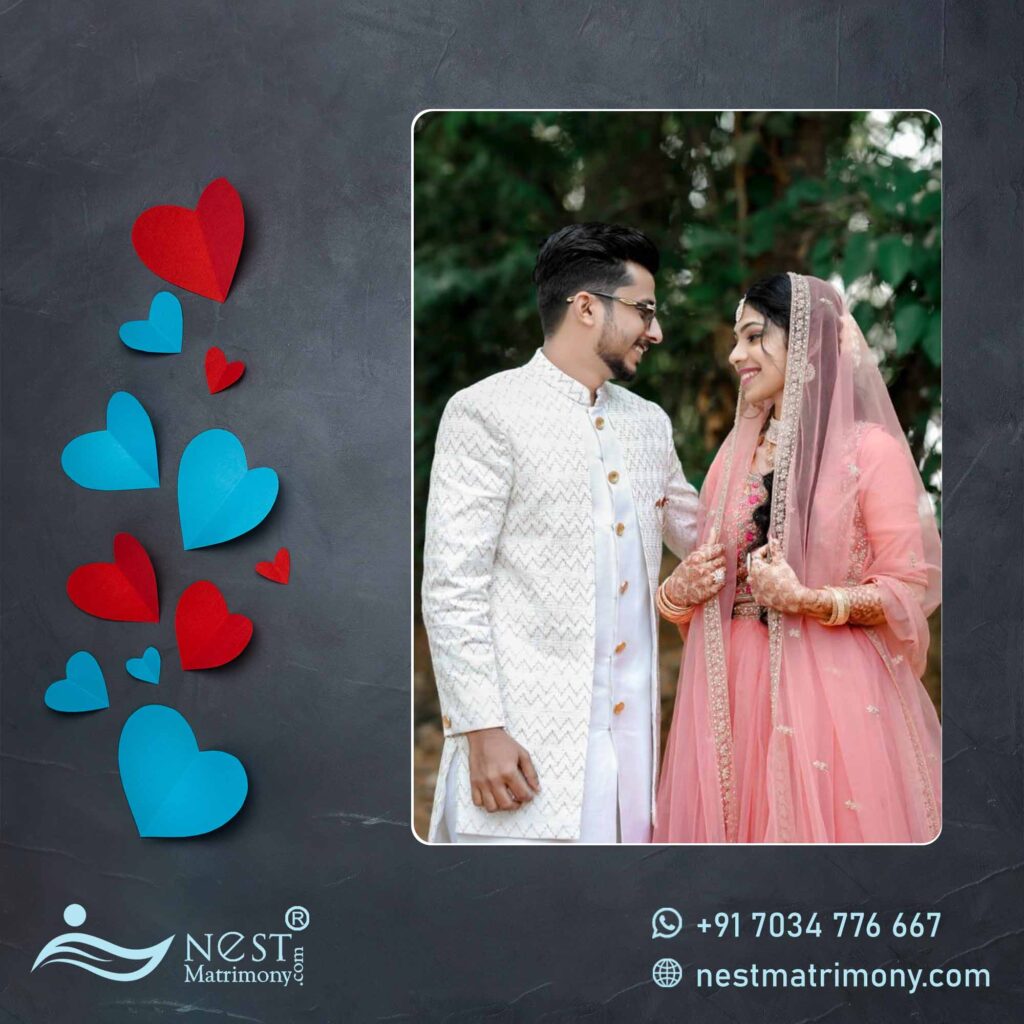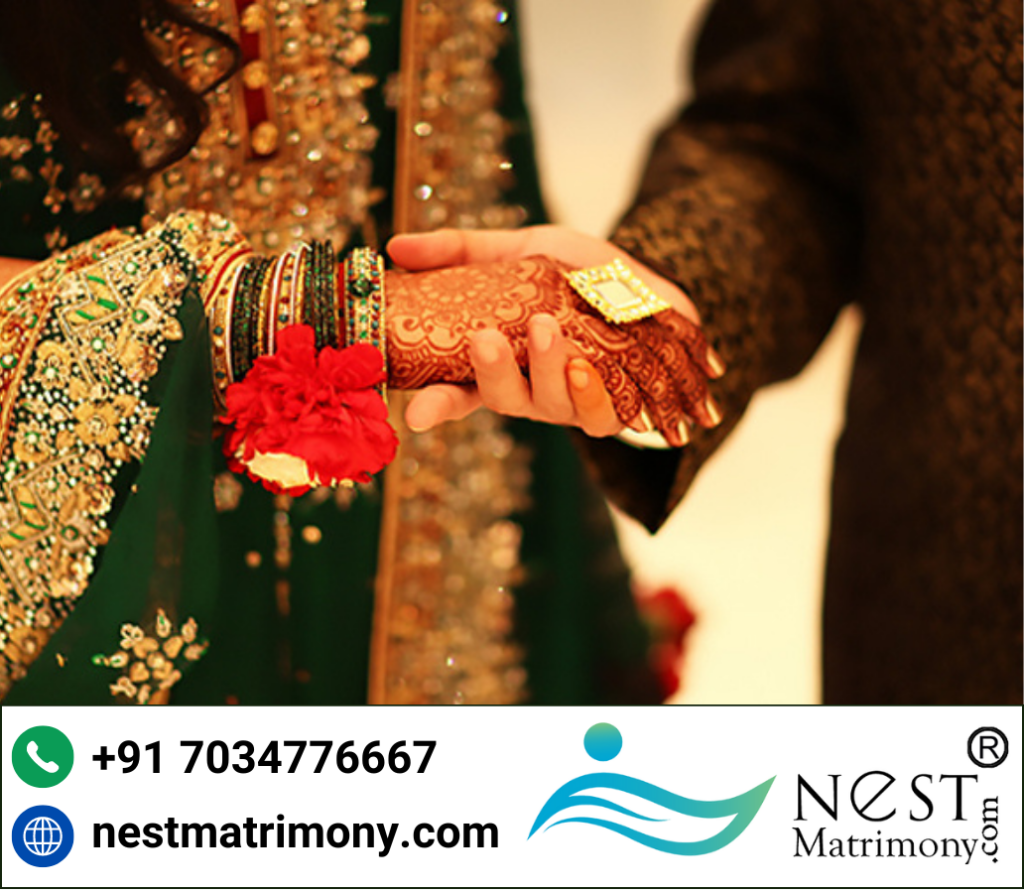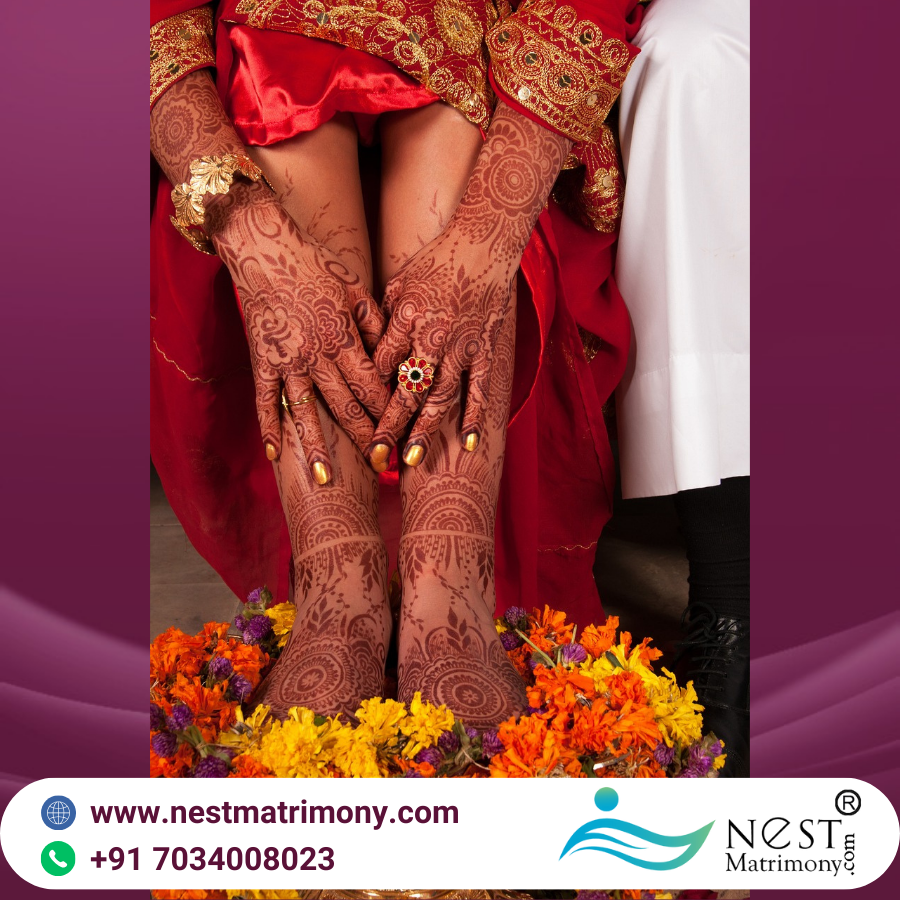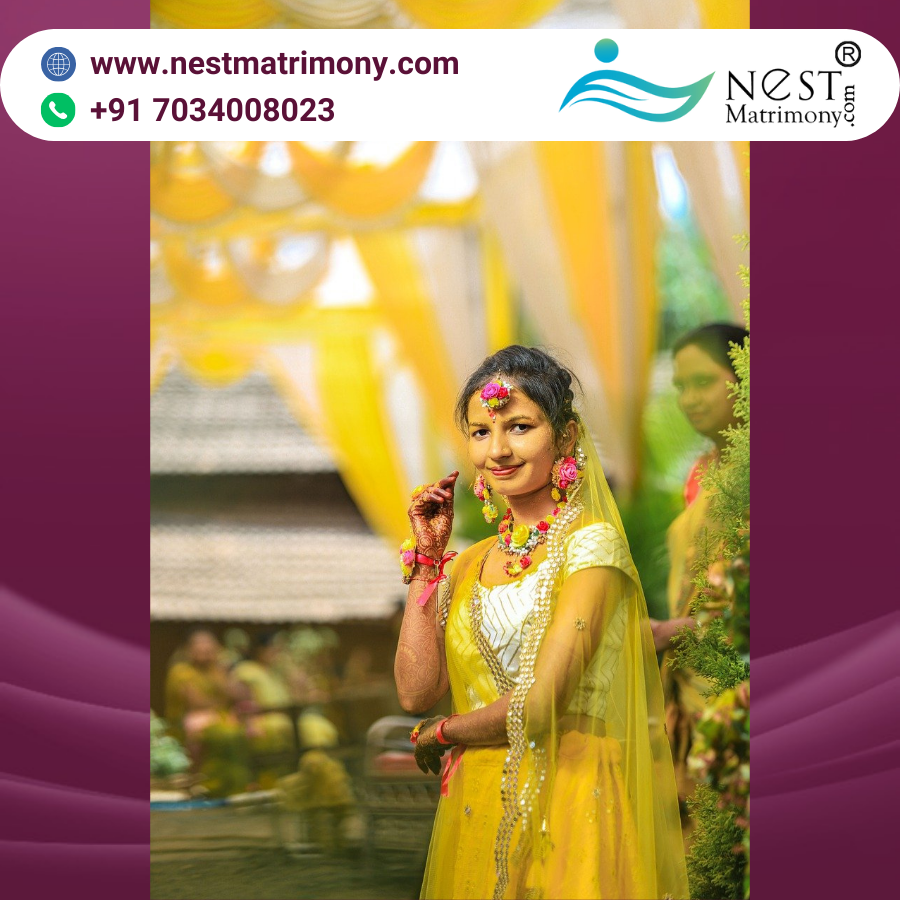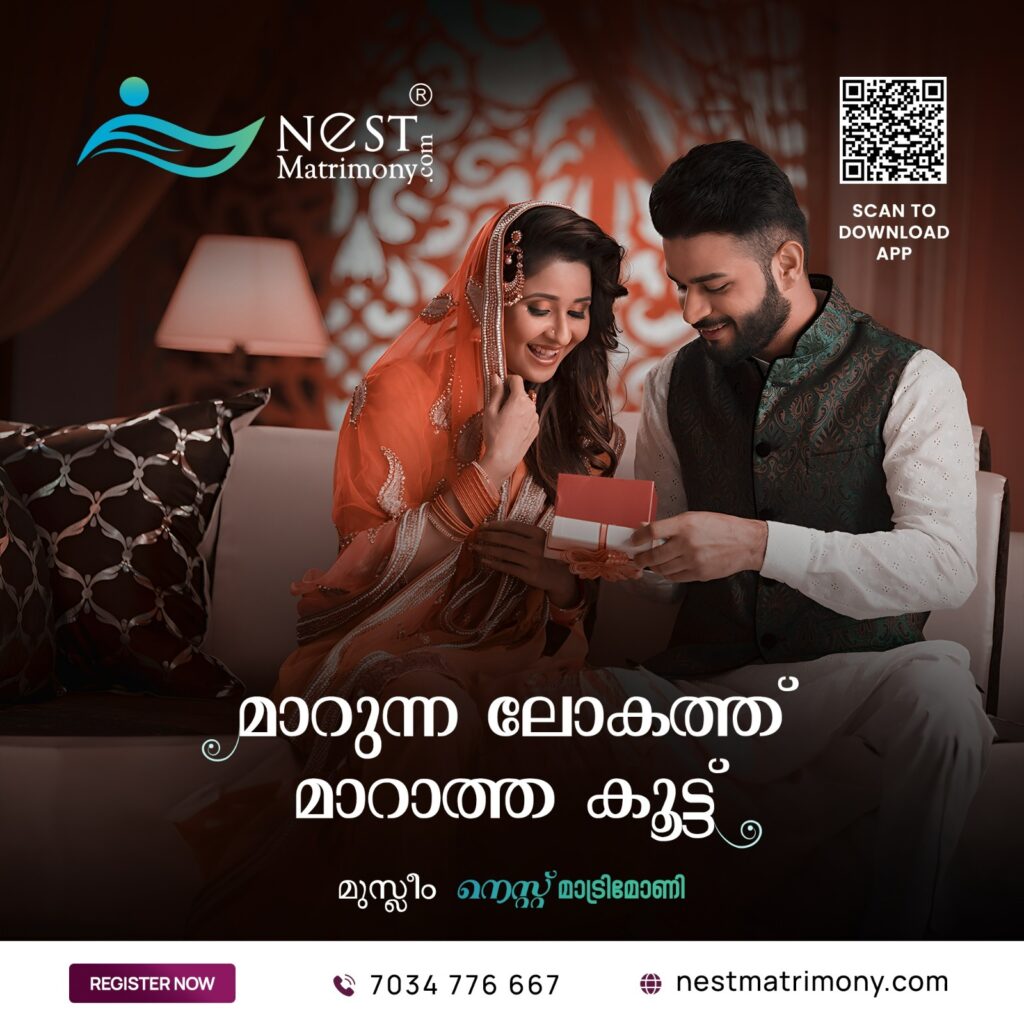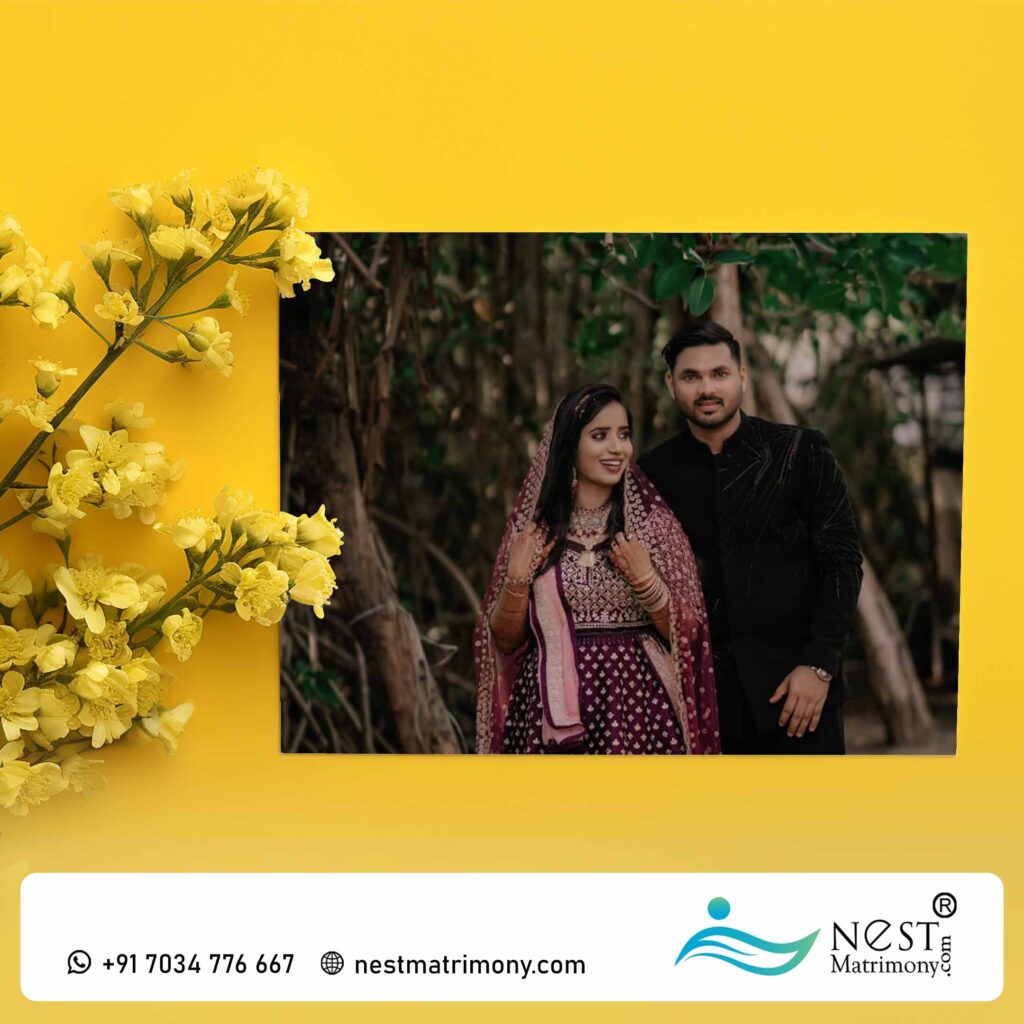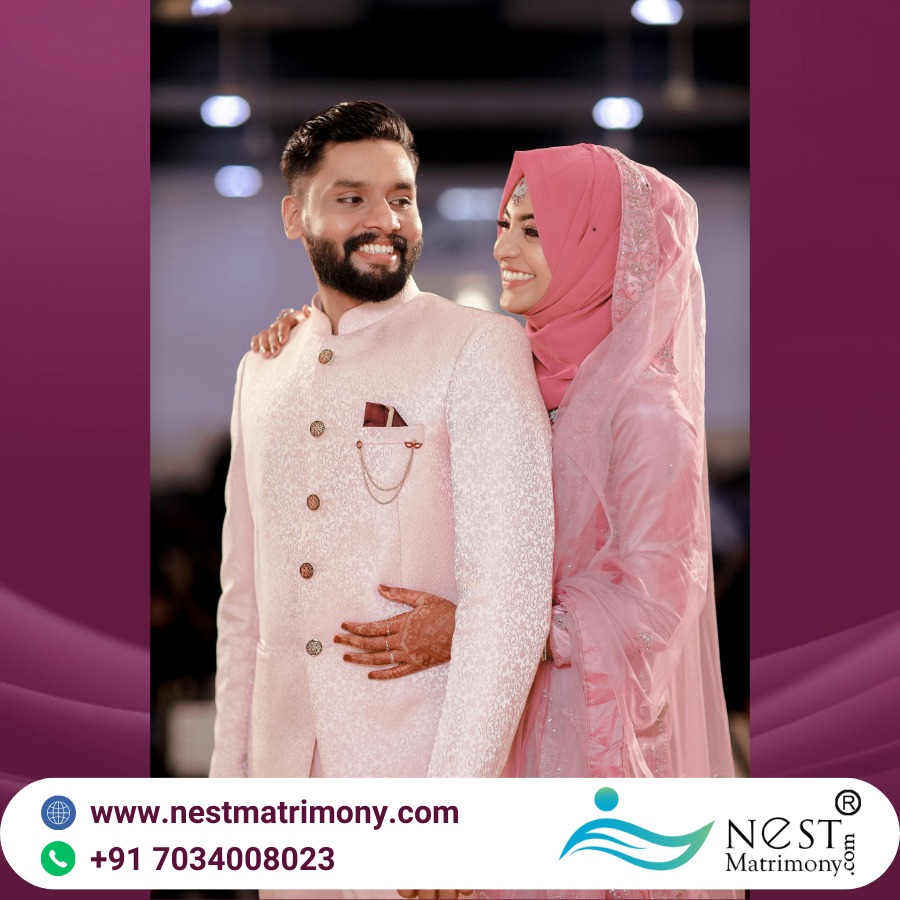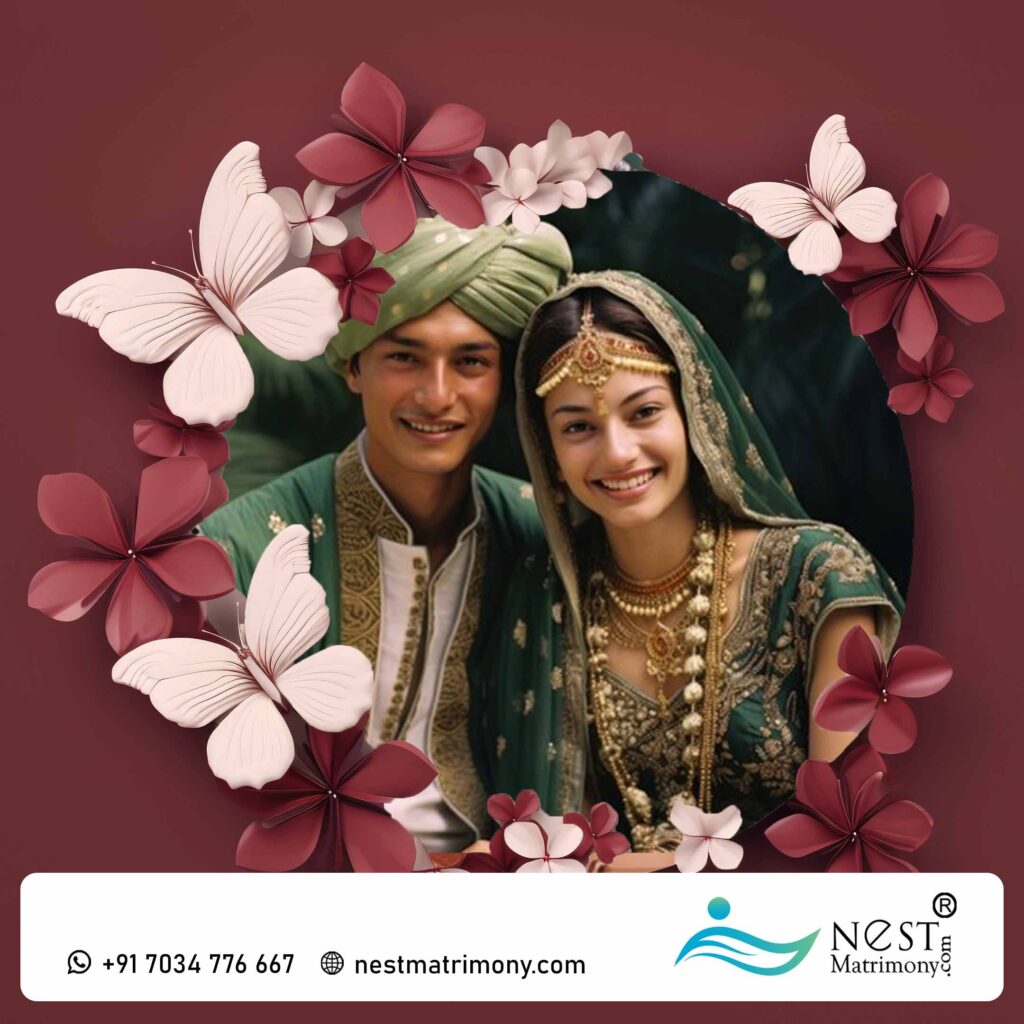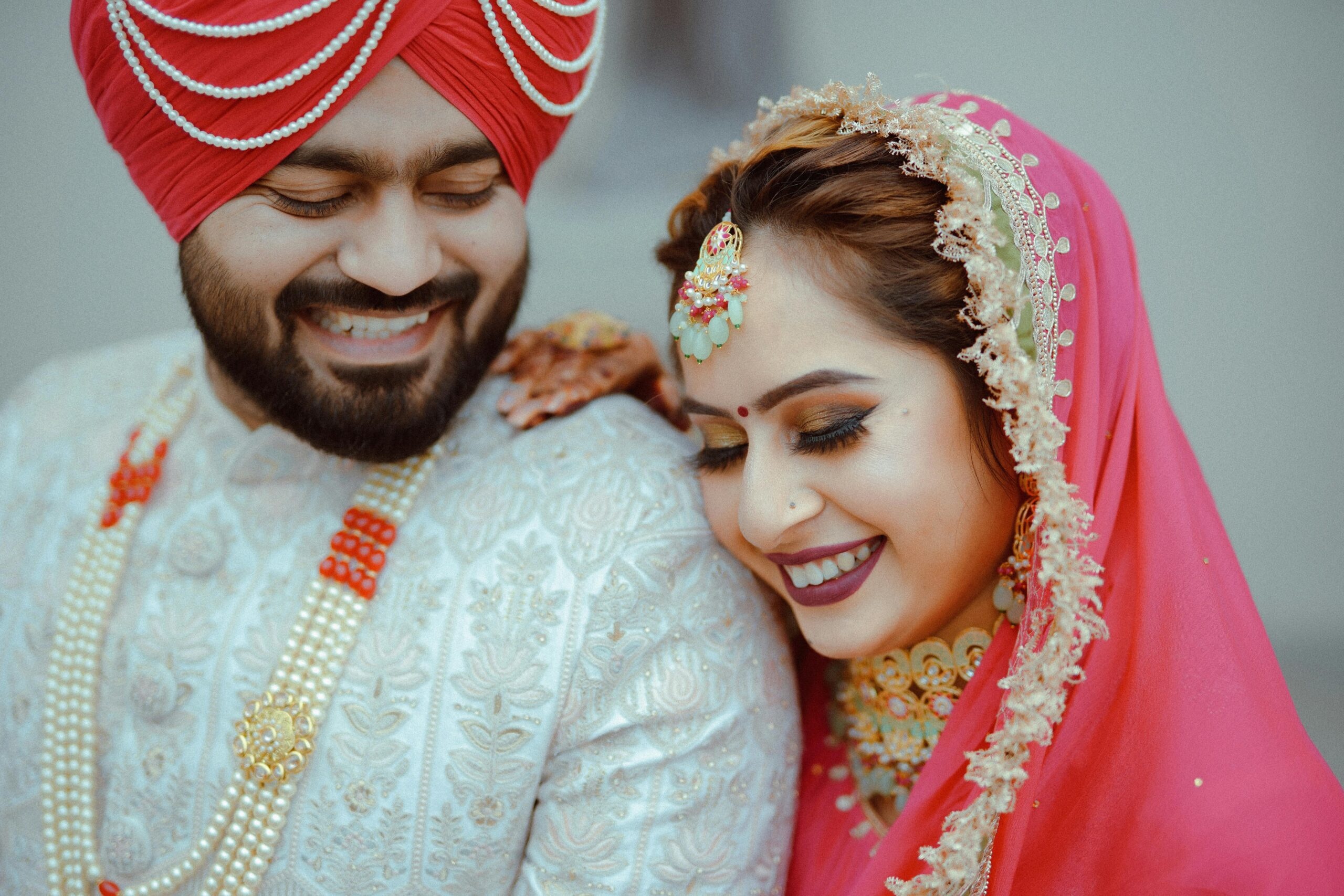Muslim Wedding Rituals
Posted on 25 September
Muslim weddings, also known as Nikah ceremonies, are rich with traditions that vary across different cultures and regions. Here’s an overview of the most common rituals:
1. Salatul Istikhara (Prayer for Guidance)
- Before the wedding, both families perform a special prayer, known as Salatul Istikhara, seeking Allah's guidance in the decision.
2. Imam Zamin Ceremony
- The groom's mother visits the bride's home, tying a silk cloth containing a coin around the bride's wrist, symbolizing the acceptance of the bride into the family.
3. Mangni (Engagement)
- An official engagement ceremony where rings are exchanged between the bride and groom, and families offer each other gifts.
4. Mehendi Ceremony
- This is an important pre-wedding ritual where henna is applied to the bride's hands and feet. Female friends and family members often join, making it a lively, fun-filled celebration.
5. Haldi Ceremony
- A paste made of turmeric, sandalwood, and rose water is applied to the bride and groom. This ritual is believed to bless the couple with glowing skin and ward off evil spirits.
6. Nikah (The Wedding Ceremony)
- The Nikah is the central part of a Muslim wedding where a formal marriage contract is signed. It is officiated by a religious cleric (Qazi) and requires at least two witnesses. The bride and groom express their mutual consent, known as Ijab-e-Qubul.
7. Mehr (Dowry)
- The groom offers a pre-agreed amount of money or gift (Mehr) to the bride as part of the Nikah contract. It is a significant obligation and symbolizes the groom's commitment.
8. Khutbah (Sermon)
- After the Nikah, a short sermon is delivered by the Qazi, offering prayers and blessings for the couple's married life.
9. Walima (Reception)
- The Walima is a grand reception hosted by the groom’s family after the Nikah. It is a joyous celebration that brings together both families, friends, and the community.
10. Rukhsati (Departure of the Bride)
- This is an emotional moment where the bride officially leaves her parents’ home to join her husband. It is often accompanied by prayers and blessings for a happy married life.
Muslim wedding rituals embody a blend of religious significance and cultural diversity. Each ritual, from the engagement to the Walima, plays a crucial role in strengthening familial bonds and celebrating the union of two individuals in faith and love. The customs and practices surrounding these ceremonies can vary widely, reflecting the rich tapestry of Muslim cultures around the world.



